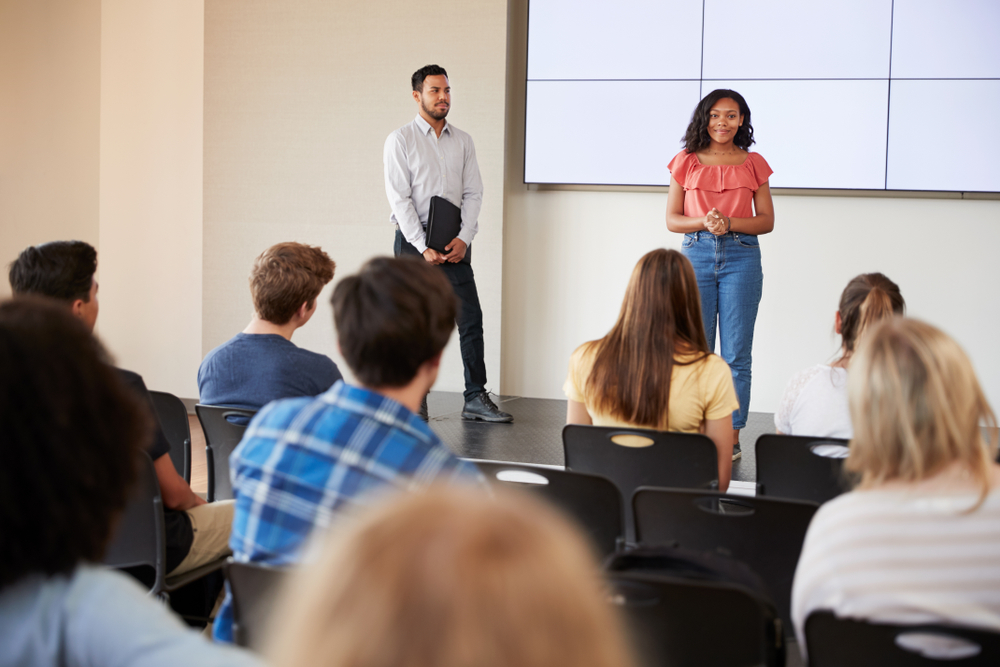We all know that the justice system is broken and that there is so much that we can all do to make it better. For a long time there have been a lot of people trying to reform the justice system because we all know the system is set up to put certain people behind bars.
Most of the people who have power to make these necessary changes are people who have absolutely no idea what it’s like to struggle alone in life. Most of these people who have the power to take action have not been affected by the justice system. So how can we talk about reform if we have absolutely no clue of what the real needs are because at the end we have never been there?
Over the last couple of years, we have been able to see that there is a need for a partnership between those who have positions of power and for those who have been locked up. Since then, we have started to see organizations, corporations and government agencies claiming to work with young people to reform the system because we know that those who are closest to the problem are closest to the solution. Improving the justice system requires true collaboration and partnership between youth and those in positions of power.
It takes time
These partnerships are not easy to create but when done in a meaningful way can result in serious change. This requires that both youth and adults invest the time needed to create and maintain partnerships. For example, by sharing power, the Coalition for Juvenile Justice’s Emerging Leaders Committee was able to create the 2018 Youth Summit, selecting topics for workshops and speakers for each session. The event was developed and led by our youth committee.
Both sides having equal input, say-so, value and opportunity in their work: This is what true partnership means to us.
At the Coalition for Juvenile Justice, our committee and staff work closely with one another to create true collaboration. This includes making sure that our emerging leaders are paid for their work, that they have a say in all our projects (youth representation exists on each CJJ board and committee and youth are given an opportunity to weigh in on all projects). We seek to ensure that youth leaders are heard and respected when they present ideas and new projects, and that they get the credit they deserve for carrying out those projects. We strive to hear one another — both as youth and adults — and weigh ideas and input equally before making a decision.
Partnering with youth requires meeting young people where they are. This requires that adults do their best to understand what young people might be facing — whether that’s raising a family, finishing school or making ends meet for the month. Adults should, when possible, remain flexible when young people need to be paid in advance or have emergencies arise. Adults also have to trust that youth can take on responsibility.
Cede control
Instead of simply taking a young person’s idea and doing it yourself, true partnerships require that adults hand over the reins and let youth lead projects that they created. This requires adults to step out of their comfort zone sometimes, and to support youth to ensure they can successfully complete the work. Adults should look beyond the immediate work in front of them and help connect young people with other information and supports that they may need, be that a job, connections with mentors, educational opportunities and other skills needed for professional growth. Never should youth be exploited. Like all partnerships, both sides should benefit from engaging in the work together.
Youth and adults should both be held accountable. Both sides should ensure that they are prepared and ready to engage in true collaboration. Expectations should be clearly outlined by both sides so that neither side feels like they are being taken advantage of or carrying too much of the load.
If we are to truly change our juvenile justice system, we need youth and adults to work together and for both sides to bring their expertise to the table. Our futures require us to stop “trying” to create youth/adult partnership and instead do the work. Regardless of how hard the work might be, we do it in a meaningful way.
Michelle Diaz is a youth partnership specialist at the local, state and national level where she works closely with youths and policymakers to make change happen.
Naomi Smoot is the executive director of the Coalition for Juvenile Justice where she works, among other things, to improve youth collaboration among state advisory groups.
